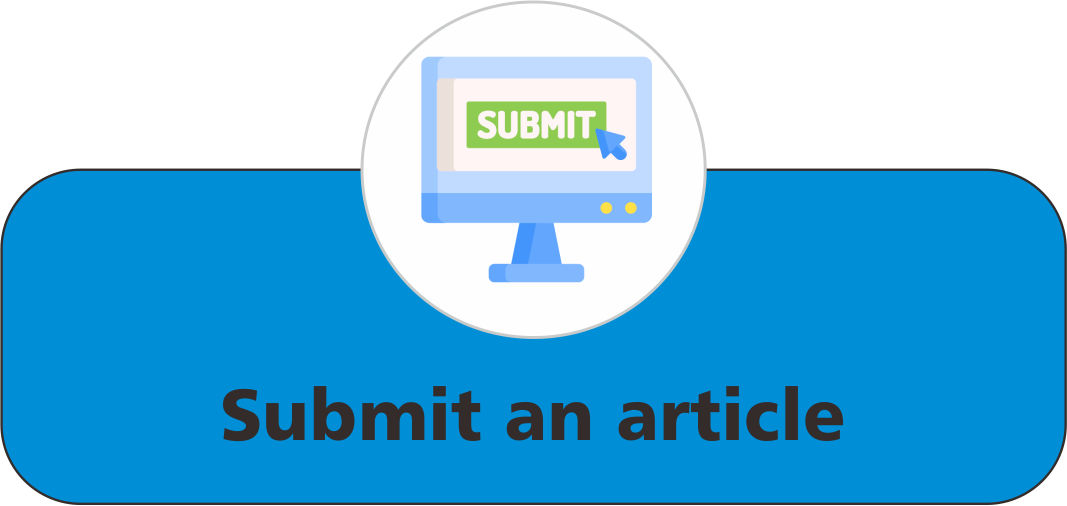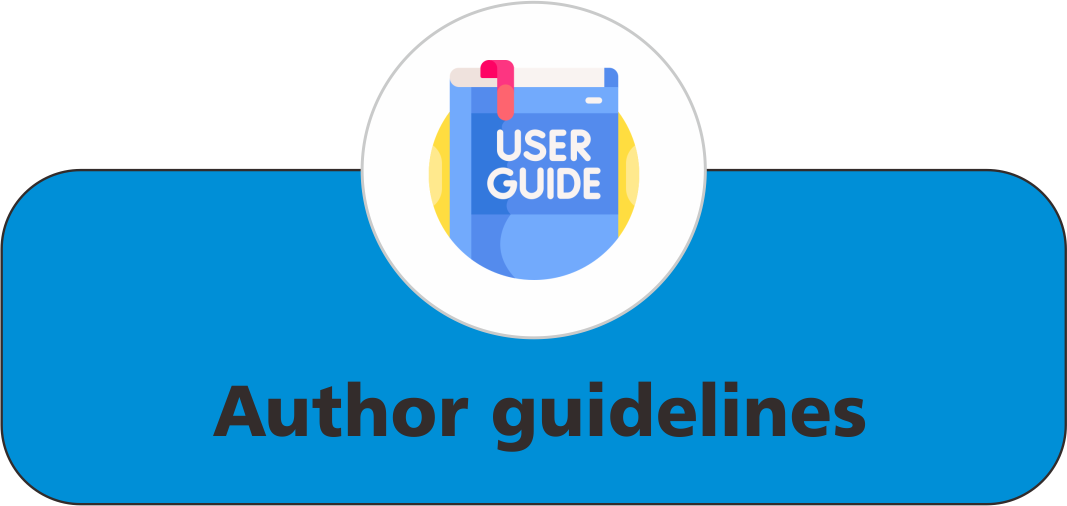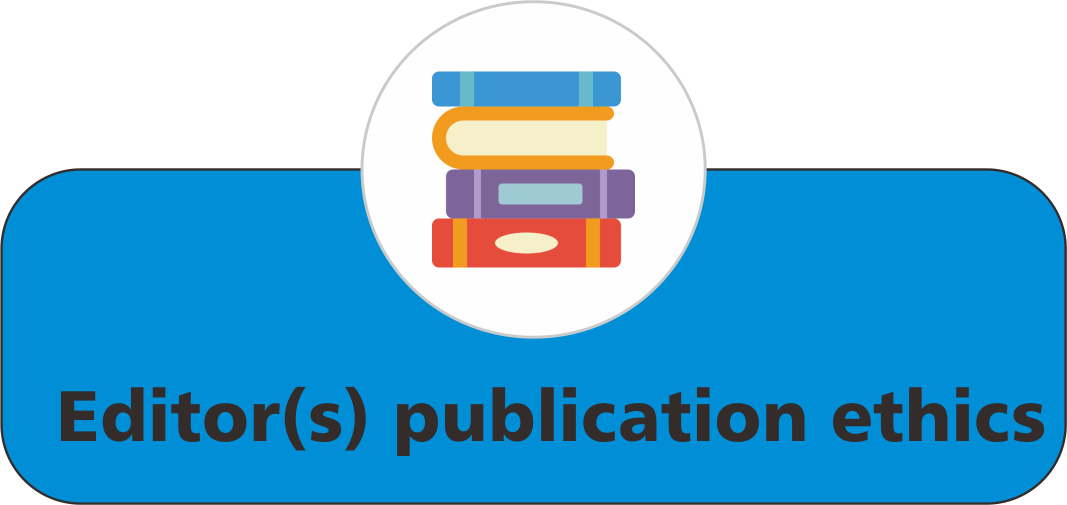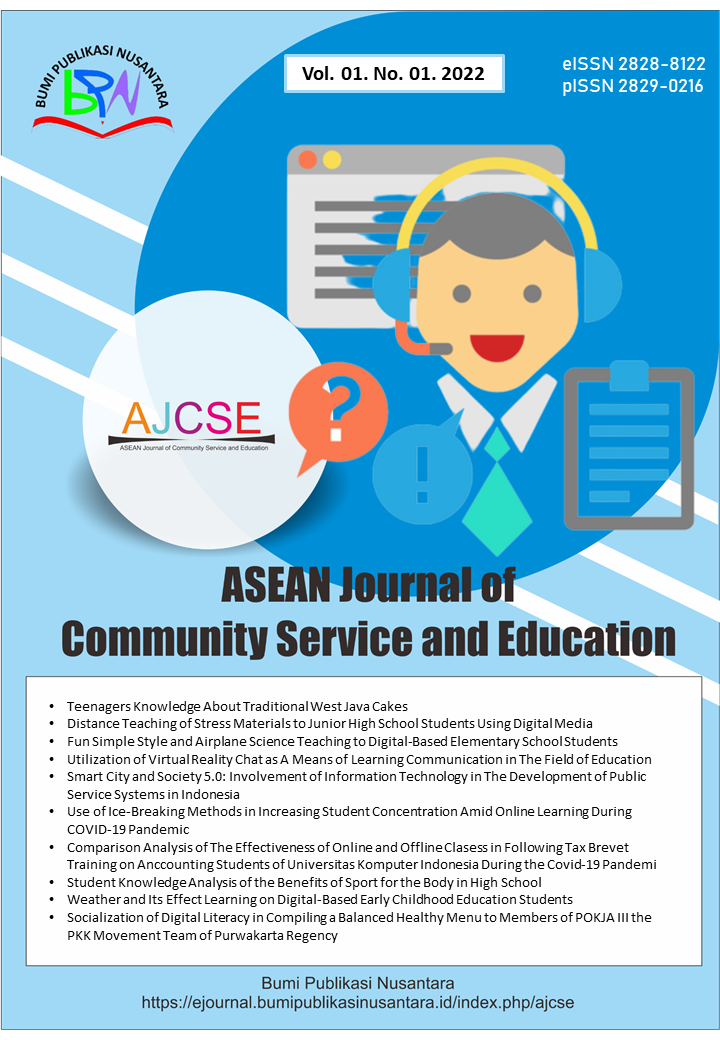Promoting Inclusive Education through Sikolohiyang Indigenous Pilipino: A Community-Based Service Approach
 ),
),
(1) University of the Philippines
 Corresponding Author
Corresponding Author
Abstract
Keywords
References
Balık, F., and Özgün, Ö. (2024). Inclusive education in early childhood: Teacher perceptions, practices, challenges and needs. Uluslararası Anadolu Sosyal Bilimler Dergisi, 8(2), 487.
Biggs, E. E., Gilson, C. B., and Carter, E. W. (2016). Accomplishing more together. Research and Practice for Persons with Severe Disabilities, 41(4), 256.
Billingsley, B. S., and McLeskey, J. (2004). Critical Issues in Special Education Teacher Supply and Demand. The Journal of Special Education, 38(1), 2.
Billote, W. J. S., Ponce, R., Ponce, T. E., Arca, J. M., Cabrito, Ma. K. C., Candel, C. J., Dasig, C., Gato, L. J., Regidor, I. N., and Zabala, V. J. (2022). Issues and challenges faced by persons with disabilities in Basco, Batanes. JPAIR Multidisciplinary Research, 48(1), 1.
Bose, B., and Heymann, J. (2020). Do inclusive education laws improve primary schooling among children with disabilities? International Journal of Educational Development, 77, 102208.
Garcia, A. S., and Guzman, M. R. T. de. (2020). The meanings and ways of parental involvement among low-income Filipinos. Early Childhood Research Quarterly, 53, 343. h
Gumasing, Ma. J. J., Castillo, T. R. P. D., Palermo, A., Tabino, J. T. G., and Gatchalian, J. T. (2025). Enhancing accessibility in Philippine public bus systems: Addressing the needs of persons with disabilities. Disabilities, 5(2), 45.
Inciong, T. G., and Quijano, Y. S. (2004). Inclusion of children with disabilities: The Philippines experience. Asia Pacific Journal of Education, 24(2), 173.
Kearney, A. (2016). The right to education: What is happening for disabled students in New Zealand? Disability Studies Quarterly, 36(1), 1041-5718.
Khan, F. (1998). Case study on special needs education in Pakistan: the process of inclusion. European Journal of Special Needs Education, 13(1), 98.
Lee, L. W., and Low, H. M. (2014). The evolution of special education in Malaysia. British Journal of Special Education, 41(1), 42.
Macabenta, J. M., Manubag, C. V., Tabanag, J. C., Villegas, N. B., Villegas, T. M., and Cabanilla, A. Jr. (2023). Inclusive Education: Lived Experiences of 21st century Teachers in the Philippines. International Journal for Research in Applied Science and Engineering Technology, 11(4), 454.
Mag, A. G., Sinfield, S., and Burns, T. (2017). The benefits of inclusive education: new challenges for university teachers. MATEC Web of Conferences, 121, 12011.
Mangune, P. D. (2024). Perceived roles of community doctors in protecting children with disabilities against maltreatment in low-resource communities in the Philippines. Deleted Journal, 1, 100002.
Molina Roldán, S., Marauri, J., Aubert, A., and Flecha, R. (2021). How inclusive interactive learning environments benefit students without special needs. Frontiers in Psychology, 12, 661427.
Muhammad, Y., Waqar, Y., and Anis, F. (2024). Parental and community involvement in promoting inclusive education: A focus on Pakistan. Global Sociological Review, 9(1), 64-76.
Mumtaz, N., Fatima, T., and Saqulain, G. (2022). Perception of burden and stress among mothers of autistic children in Pakistani cultural background. Iranian Rehabilitation Journal, 20(1), 43.
Pawilen, G. T., and Manuel, S. J. (2018). A proposed model and framework for developing a curriculum for the gifted in the Philippines. International Journal of Curriculum and Instruction, 10(2), 118.
Pe‐Pua, R., and Protacio-Marcelino, E. (2000). Sikolohiyang Pilipino (Filipino psychology): A legacy of Virgilio G. Enriquez. Asian Journal of Social Psychology, 3(1), 49.
Raguindin, P. Z. J., Custodio, Z. U., and Bulusan, F. (2021). Engaging, affirming, nurturing inclusive environment: A grounded theory study in the Philippine Context. IAFOR Journal of Education, 9(1), 113.
Resurreccion, R. R. (2008). Malasakit, Pakikipagkapwa, at Kalinisang Loob: Mga Pundasyon ng Kagandahang Loob. Malay, 19(3), 1-1.
Rilveria, J. R. C. (2024). Towards a culturally sensitive model of therapeutic alliance: exploring the role of Filipino values and shared realities. Philippine Social Science Journal, 6(4), 19.
Röhm, A., Grengel, M., Möhring, M., Zensen-Möhring, J., Nellen, C., and Hastall, M. R. (2022). Applying the mixed-blessings model and labeling theory to stigma in inclusive education: An experimental study of student and trainee teachers’ perceptions of pupils with ADHD, DLD, and intellectual disability. Frontiers in Psychology, 13, 910702.
Rondilla, N. A., Rocha, I. C. N., Roque, S. J. R., Lu, R. M., Apolinar, N. L. B., Solaiman-Balt, A. A., Abion, T. J., Banatin, P. B., and Javier, C. V. (2021). Folk medicine in the Philippines: A phenomenological study of health-seeking individuals. International Journal of Medical Students, 9(1), 25.
Sanchez, F. C., and Gaw, A. C. (2007). Mental health care of Filipino Americans. Psychiatric Services, 58(6), 810.
Singh, S. (2024). Inclusive education: Promoting equity and access for students with disabilities. Global International Research Thoughts, 12(1), 30.
Yang, C., Wang, T., and Xiu, Q. (2025). Towards a sustainable future in education: A systematic review and framework for inclusive education [Review of Towards a Sustainable Future in Education: A Systematic Review and Framework for Inclusive Education]. Sustainability, 17(9), 3837.
Article Metrics
Abstract View : 1071 times
: 1071 times Download : 1479 times
Download : 1479 times
Refbacks
- There are currently no refbacks.
Copyright (c) 2025 Bumi Publikasi Nusantara

This work is licensed under a Creative Commons Attribution-ShareAlike 4.0 International License.







